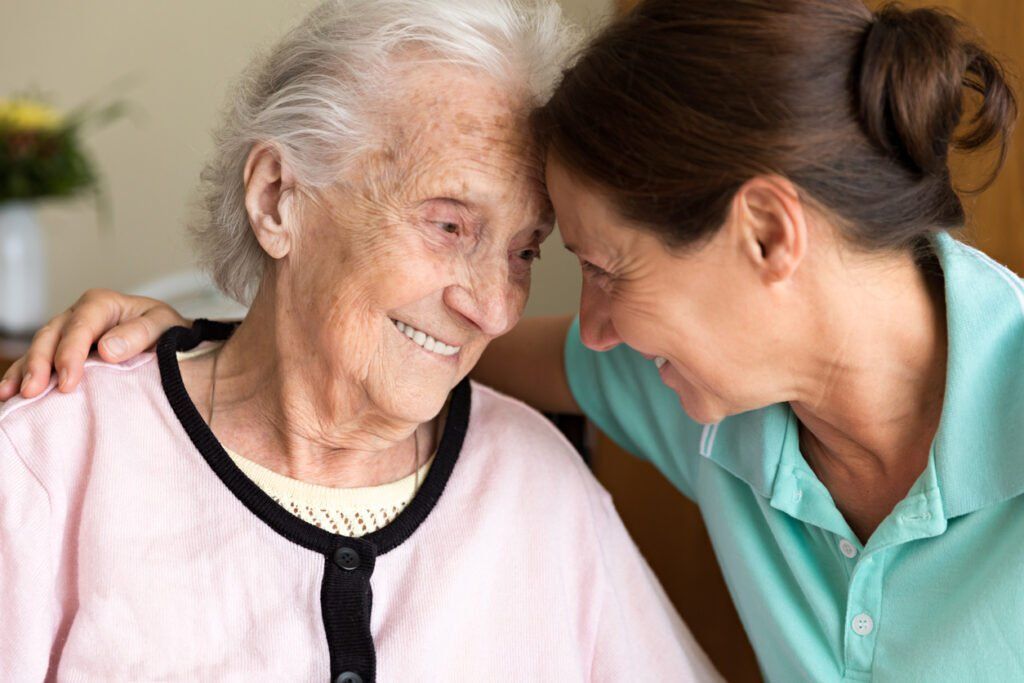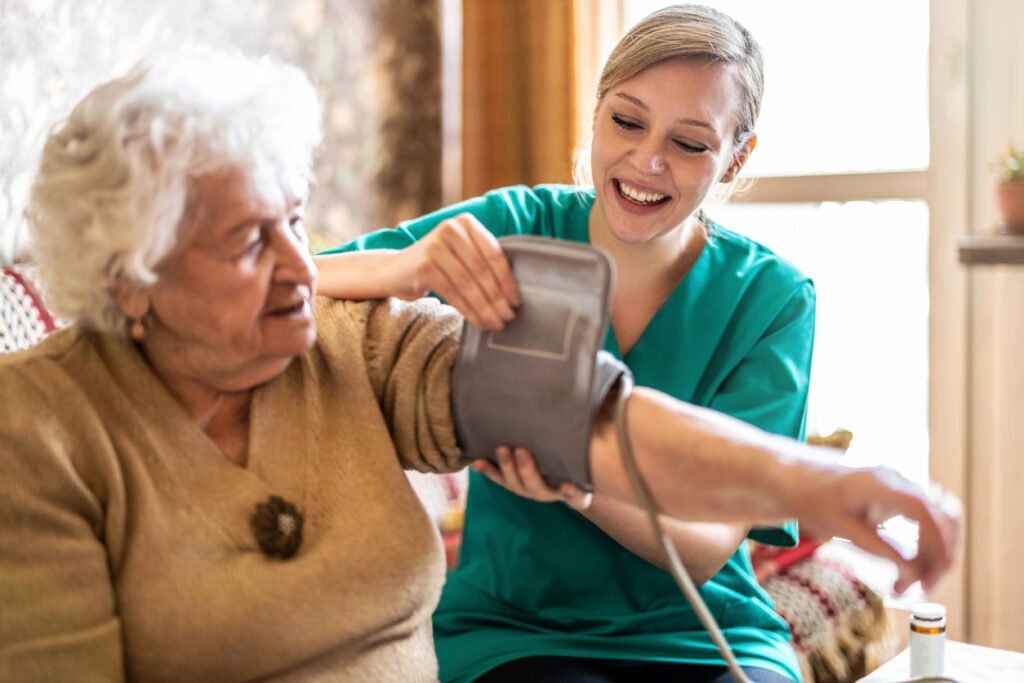The Importance of Maintaining Healthy Muscle Mass as You Age
One of the greatest long-term threats to our ability to remain healthy and function independently with advancing age is a steady loss of lean muscle mass, a condition known as sarcopenia.
While physicians have warned us for years about the loss of bone mass (osteoporosis) that accompanies aging, there has not been nearly as much attention on sarcopenia – the loss of muscle mass commonly seen in older people.
Sarcopenia generally starts at age 40. By the time you turn 50, you are losing 1% to 2% of your muscle mass every year. And, as you lose muscle, you lose strength. As an example, starting in your 40s, leg strength typically drops by 10% to 15% per decade until you’re 70, after which it declines by 25% to 40% per decade.
Additionally, when you have less muscle, you have more fat – and fat cells produce inflammatory compounds that drive many deadly chronic diseases, such as heart disease and cancer. Furthermore, frail elderly people with decreased muscle mass may have poorer outcomes after major surgery or traumatic accidents, since they lack the metabolic reservoir of muscle mass to support the immune system and other bodily functions during the recovery process.
While engaging in physical activity is essential to avoiding sarcopenia; inactivity is not the only factor to this condition. Like osteoporosis, sarcopenia is a multifactorial disease process that may result from sub-optimal hormone levels, inadequate dietary protein, and other nutritional imbalances, lack of exercise, oxidative stress and inflammation.
Fortunately, you can do something starting today. The right diet and supplements can help fight muscle loss. Eat protein rich foods daily. Inadequate protein in the diets of older adults is common. Studies suggest that protein requirements for older adults are higher than for younger people, and should be higher that is often recommended.
Older adults should eat at least four ounces of protein-rich food, such as lean beef, fish, chicken or turkey. A four ounce serving is about the size of a deck of cards. Also get amino acids by eating Greek yogurt, nuts, seeds, cheese and hard-boiled eggs.
Vitamin D is known to stop bone loss and it can also be helpful in stopping muscle loss. A study published in the Journal of Internal Medicine linked low blood levels of vitamin D to a four-fold increase in the risk for frailty which includes sarcopenia. Take a vitamin D supplement that supplies 3,000 to 5,000 IU (international units) daily.
Fish oil also works to protect muscle mass by reducing the chronic inflammation that damages muscle cells. To protect and build muscle, take a supplement containing 1,000 milligrams (mg) of omega-3 fatty acids.
Regular exercise is also important and is seen as the best way to stop or reverse muscle loss. You need to incorporate both aerobic and resistance training to get the best results. The federal Centers for Disease Control and Prevention has issued guidelines for resistance exercise in older adults, (for more information, go to CDC Guidelines. In addition to building muscle, strength training can promote mobility, improve health related fitness and improve bone health.
Aging is also accompanied by declining levels of many essential hormones in the body, particularly tissue-building (anabolic) hormones such as growth hormone, DHEA (dehydroepiandrosterone) and testosterone.
Because hormonal factors can significantly affect muscle mass, all adults over the age of 40 should undergo annual blood testing to track their hormone levels. If necessary, hormone deficiencies can be addressed using bioidentical hormone replacement therapy. Since hormone replacement therapy requires regular monitoring and is contraindicated in some individuals, you should consult a medical professional about your specific hormone replacement needs.
You do not have to be negatively affected by frailty as you age. By adopting a regimen that includes dietary modifications, hormone replacement therapy with regular monitoring, nutritional supplements, and exercise, it is possible to dramatically improve lean muscle mass at virtually any age. Optimizing muscle mass helps improve strength, functionality, and overall health and well-being, even into advanced age.
Sources: Bottom Line Publications; Life Extension Magazine; Journal of Internal Medicine; Centers for Disease Control and Prevention.
The post The Importance of Maintaining Healthy Muscle Mass as You Age appeared first on Kansas City Home Care.
REQUEST FREE
IN HOME ASSESSMENT
REQUEST FREE IN HOME ASSESSMENT
We will get back to you as soon as possible.
Please try again later.







Kansas City Homecare provides caregiver support services for seniors who need assistance with everyday living and want to live in their home. Our visiting caregivers can provide meals, implement health programs, run small errands and assist with light housekeeping. We are your choice for premium in-home care in the Kansas City area.
We serve Kansas City, Leawood, Mission Hills, Lee's Summit, Overland Park, Lenexa and Olathe.


